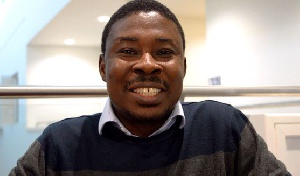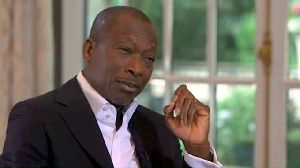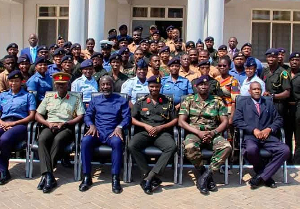The Head of Public Administration and Health Services Management at the University of Ghana Business School, Prof. Justice Bawole, has noted that calls for a law to be passed to cap the number of staffers a president can have will only amount to an exercise in futility.
According to him, governments around the world grow depending on what is being demanded by citizens at a given time and that, he said, makes it impossible to legislate on the size of governments.
Speaking on TV3’s new Saturday morning show, The Key Points, Prof. Bawole disagreed with fellow panelists, Dr. Ahmed Jinapor and Edward Bawa, who had stressed the need for a legislation on the numbers.
“They spoke about us legislating numbers, I’m sorry, it is not feasible to legislate numbers because, as I said in the beginning governments grow and this is a global trend, and many times the growth of government is driven by the demands of the citizenry so when citizens are demanding for things that were hitherto not being provided for by government and that response would mean find people and money to do it”, Prof Bawole explained.
The discussion followed the Minority in Parliament’s worry over the government’s intention to increase the number of presidential staffers from 998 to 1,614 as captured in Appendix 7 of the full 2019 budget statement presented to Parliament by the Minister of Finance, Ken Ofori-Atta.
Even though the Information Minister, Kojo Oppong Nkrumah has dismissed the minority’s claims, Prof. Bawole acknowledged it is a common practice especially in developing countries for governments to grow in seize but observed “what is the peculiar problem for Ghana is that over the years, our public services have been extremely expensive”.
Prof. Bawole noted that comparatively, Ghana spends more of its Gross Domestic Product on the public service thus reiterating his point of Ghana running an expensive public service.
He added the challenging thing for Ghana is dealing with people who get into the public service “through the political angle as a result of political employment”.
He said there were already signs that there was going to be an increase in the size of government when the president started appointing “presidential ministers”.
General News of Saturday, 1 December 2018
Source: 3news.com













